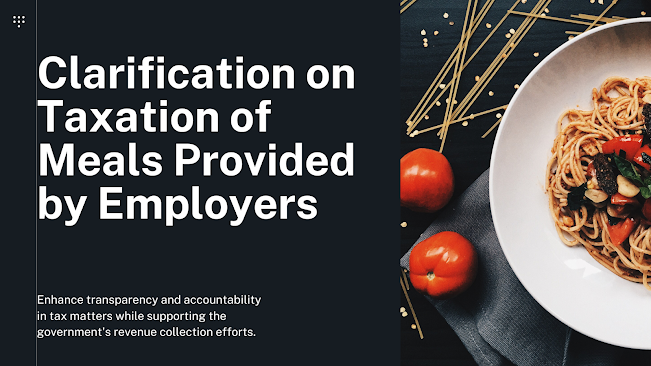KRA Launches Three Trade Facilitation Hubs to Ease Cargo Transit, Strengthen Regional Trade
The Kenya Revenue Authority (KRA) has recently inaugurated
three trade facilitation hubs in Kainuk, Lodwar, and Kakuma, aiming to enhance
cargo transit efficiency and bolster regional trade along the Northern
Corridor. This strategic initiative seeks to improve trade facilitation and
compliance, unlock business opportunities in Turkana County, and reinforce
Kenya's position as a hub for international and regional trade.
These new centers are expected to alleviate congestion at
the Malaba and Busia border posts and significantly reduce transit times for
cargo moving from Mombasa to South Sudan. By hosting KRA staff, including the
Rapid Response Unit and Enforcement teams, the facilities aim to ensure the
safe movement of goods, addressing challenges such as robberies, smuggling, and
cargo dumping along the corridor.
Dr. Lilian Nyawanda, KRA's Commissioner for Customs and Border Control, emphasized that the primary objective of these centres is to provide legitimate trade-related services to local communities, facilitate exports, and strengthen economic ties with neighboring countries. Their strategic location along the Lokichar-Nadapal-Nakodok route is expected to enhance trade efficiency and foster economic development in the region.
Tax Amnesty Program.
Financial Impact:
As of early March 2025, KRA reported waiving approximately
Kshs 140 billion in penalties and interest under this tax amnesty program. This
substantial waiver underscores the program's effectiveness in encouraging
taxpayers to settle their tax obligations.
Encouragement to Participate:
Taxpayers are strongly encouraged to take advantage of this
amnesty before June 30, 2025, deadline to benefit from the waivers and avoid
potential enforcement actions.
Eligibility Criteria for the Tax Amnesty:
- Taxpayers
with Outstanding Principal Tax Obligations:
- Individuals:
Those who owe taxes related to income tax, VAT, excise duties, or other
applicable taxes.
- Businesses:
Companies that have outstanding taxes such as corporate tax, VAT, or
other business-related taxes.
- Other
Entities: This includes partnerships, sole proprietors, and
organizations that have accrued tax obligations.
- Taxes
Accrued up to December 31, 2023:
- The
tax amnesty covers taxes owed up until December 31, 2023. Any tax
liabilities arising after this date are not eligible for the amnesty.
- It applies to both unpaid principal tax and penalties or interest that have accrued over time for periods up to the cut-off date.
Conclusion.
The ongoing tax amnesty program offers a unique opportunity for taxpayers to clear outstanding tax obligations by waiving penalties and interest, allowing individuals and businesses to reset their tax affairs without the added burden of extra costs, all while positioning themselves for future compliance and growth.
Coupled with the launch of the three trade facilitation hubs in Kainuk, Lodwar, and Kakuma, which will streamline cargo transit and foster regional trade, these initiatives are designed to promote a more efficient and compliant business environment.
Now is the perfect time for taxpayers and traders to take advantage of these opportunities—whether it’s regularizing tax affairs through the amnesty or capitalizing on the new trade hubs to enhance operations and expand market reach—ultimately driving both personal and national economic growth.
Follow our pages Facebook , Twitter, Linked In , Instagram , TikTok, Whatsapp Channel
Contact Us:
Email: info@rwkafrica.com
Phone: +254 728897429
Website: www.rwkafrica.com




Comments
Post a Comment